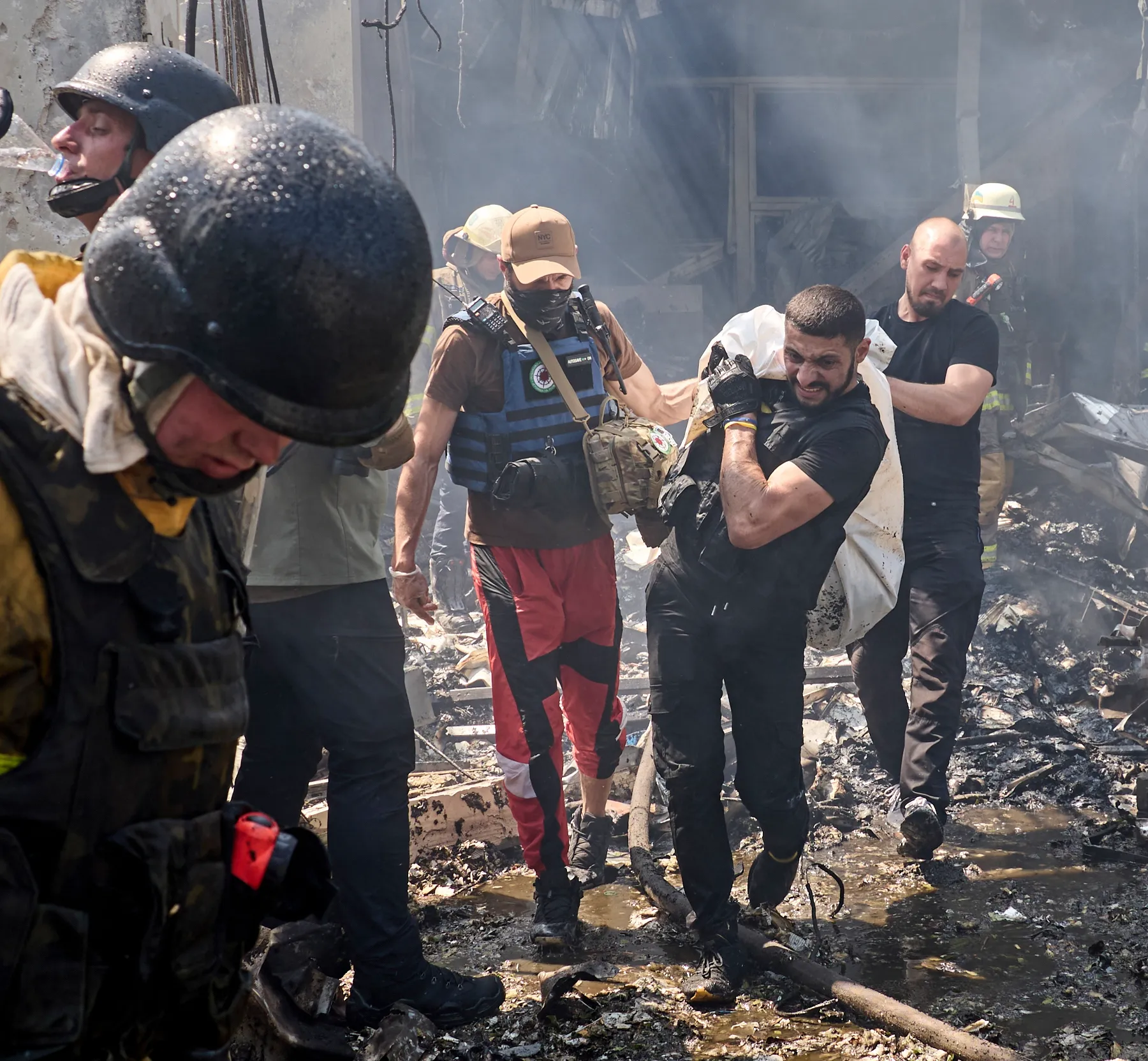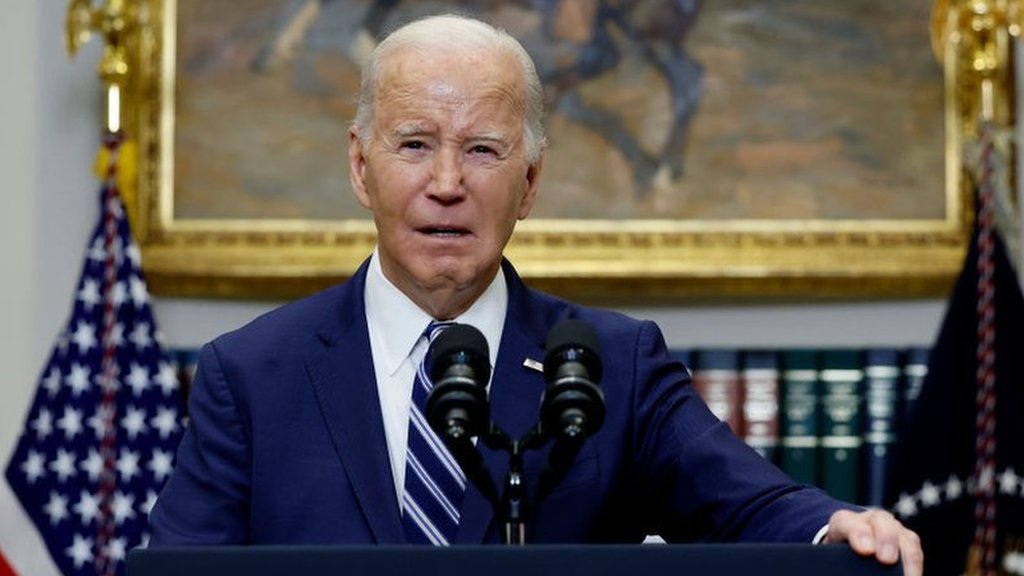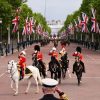On Friday, the Biden administration announced its most comprehensive package of sanctions yet, targeting Russia’s oil and gas revenues in an effort to provide leverage for Ukraine and President-elect Donald Trump’s incoming team to negotiate a peace deal in Ukraine.
These sanctions are intended to cut off Russia’s primary source of revenue, which funds its ongoing war in Ukraine, a conflict that has already resulted in the deaths of over 12,300 civilians and left cities in ruins since Russia’s invasion began in February 2022.
Ukrainian President Volodymyr Zelenskyy commented on the sanctions, saying in a post on X that they would “deliver a significant blow” to Moscow. He added that reducing Russia’s oil revenue would bring peace closer.
Daleep Singh, a senior White House economic and national security adviser, stated that the new measures represent “the most significant sanctions yet on Russia’s energy sector, by far the largest source of revenue for (President Vladimir) Putin’s war.”
The U.S. Treasury imposed sanctions on major Russian companies, including Gazprom Neft and Surgutneftegas, both of which are involved in oil exploration, production, and sales.
Additionally, 183 vessels linked to the shipment of Russian oil, many part of a “shadow fleet” of aging tankers operated by non-Western companies, were sanctioned.
The sanctions also cover the networks involved in trading Russian petroleum. These vessels have largely been transporting oil to India and China, as a price cap on Russian oil imposed by the Group of Seven nations in 2022 has shifted trade away from Europe and toward Asia. Some of these tankers have even carried both Russian and Iranian oil.
In a significant move, the Treasury also rescinded a provision that had previously exempted the intermediation of energy payments from sanctions on Russian banks.
The sanctions are expected to cost Russia billions of dollars each month if they are adequately enforced, with one U.S. official noting that the broad scope of the sanctions, covering the entire production and distribution chain, will make evasion more difficult and costly for Russia.
Gazprom Neft responded by calling the sanctions unjustified and illegitimate, asserting that it would continue operations despite the penalties.
U.S. Oil Supply Not Affected
Despite the sanctions targeting Russian oil, U.S. officials are confident that global oil markets will not suffer a supply crunch. Geoffrey Pyatt, U.S. Assistant Secretary for Energy Resources, mentioned that increased oil production from countries like the U.S., Guyana, Canada, Brazil, and potentially the Middle East, should help compensate for any lost Russian supply.

“We see ourselves as no longer constrained by tight supply in global markets the way we were when the price cap mechanism was unveiled,” Pyatt told Reuters.
Global oil prices surged by more than 3% in anticipation of the sanctions, with Brent crude approaching $80 a barrel as traders in Europe and Asia became aware of the upcoming measures.
Continued Support for Ukraine
The new sanctions are part of the Biden administration’s broader strategy to support Ukraine. Since Russia’s invasion, the U.S. has provided Ukraine with $64 billion in military aid, including $500 million this week for air defense missiles and fighter jet support equipment.
The sanctions follow previous actions taken in November against Russian banks, including Gazprombank, Russia’s largest financial institution for the energy sector, and earlier sanctions targeting tankers transporting Russian oil.
Officials believe the November sanctions helped weaken Russia’s ruble and forced the Russian central bank to raise its policy interest rate to a record level of over 20%.
One U.S. official stated, “We expect our direct targeting of the energy sector will aggravate these pressures on the Russian economy, which has already driven inflation to nearly 10%, reinforcing a bleak economic outlook for 2025 and beyond.”
Potential Reversal by Trump Administration
Although the sanctions are a key component of Biden’s strategy, one official noted that President-elect Donald Trump’s administration could eventually decide to lift them, but such a move would require notifying Congress and giving it the opportunity to disapprove. Some Republican members of Congress had urged Biden to impose these sanctions.
“There is no scenario in which Trump’s people can simply come in and lift everything that Biden just did,” said Jeremy Paner, a partner at the law firm Hughes Hubbard & Reed. “Congress would have to be involved.”
The prospect of Trump’s return to the White House has generated hope for a potential diplomatic resolution to end Russia’s invasion, though there are concerns in Kyiv that any peace deal brokered under Trump could come at a significant cost to Ukraine. Some of Trump’s advisers have proposed solutions that would involve ceding large portions of Ukrainian territory to Russia.
The U.S. sanctions and military aid “provide the next administration with considerable leverage for both itself and Ukraine in negotiating a just and lasting peace,” one official concluded.


